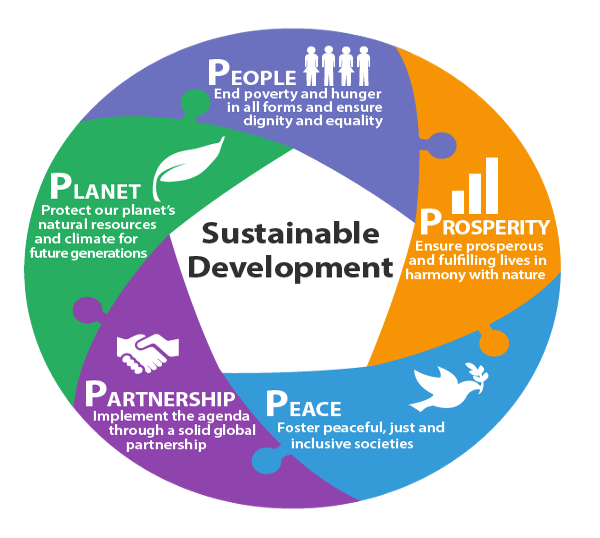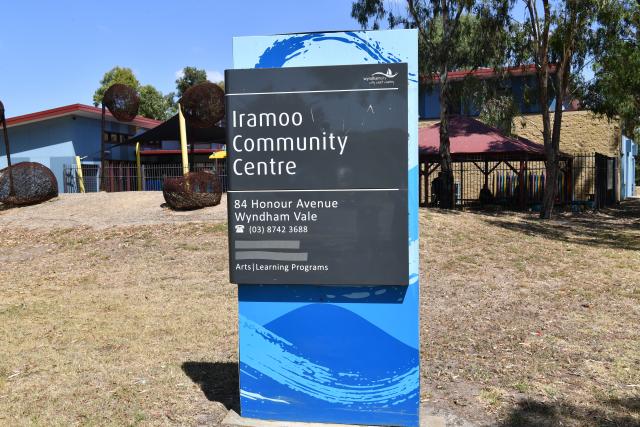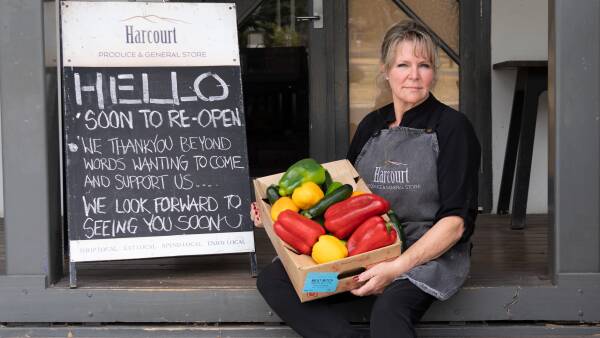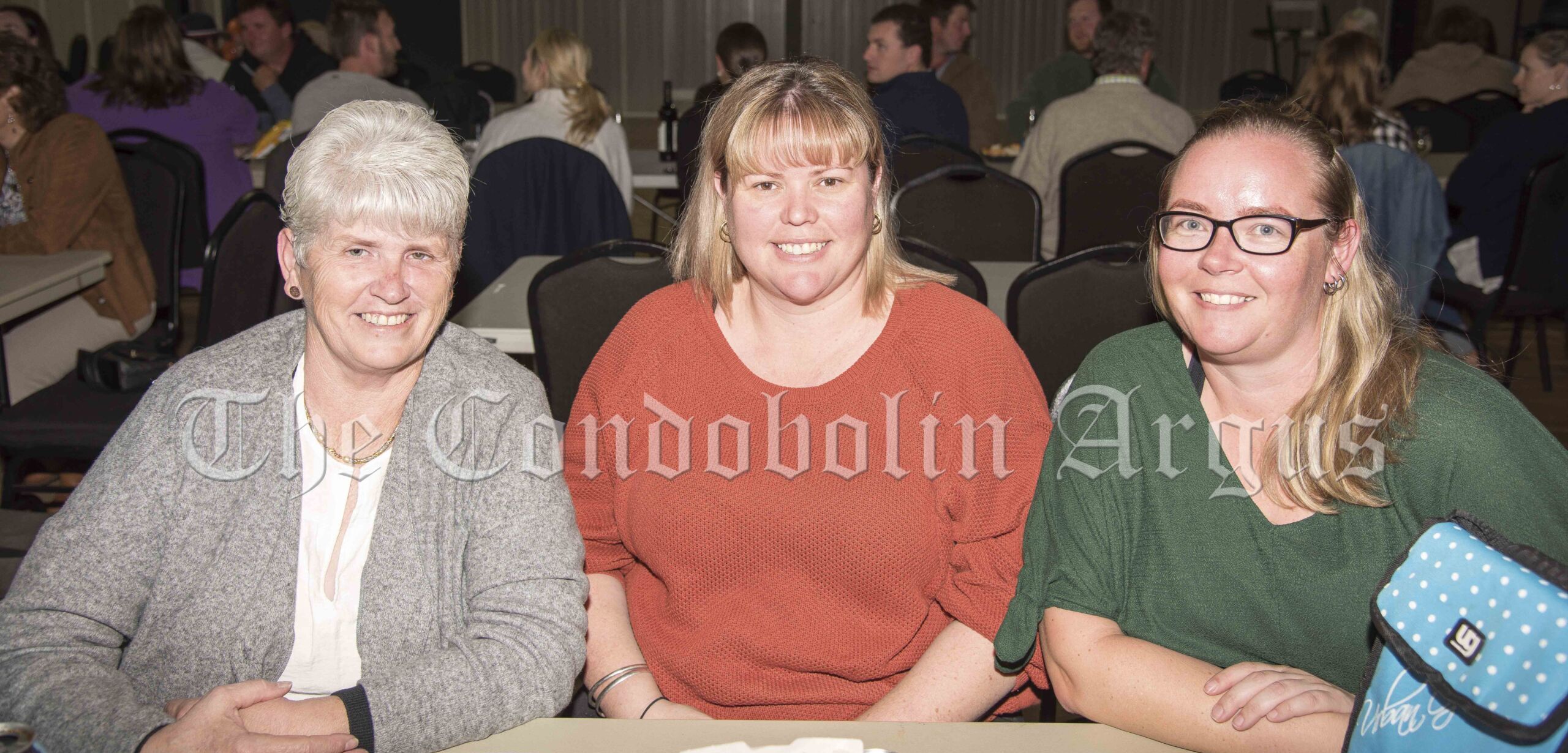
URGENT UPDATE: A groundbreaking leadership training program for women is underway in Padang, West Sumatra, Indonesia, from July 11-15, 2023. Hosted by Wanita Islam in collaboration with the Regional Islamic Daw’ah Council of Southeast Asia and the Pacific (RISEAP), this initiative aims to empower Muslim women to drive sustainable change in their communities.
The program, themed around enhancing Islamic values regarding environmental conservation, addresses the urgent need for eco-consciousness as the world faces escalating environmental crises. Participants from 12 member countries are engaged in transformative discussions centered on sustainability efforts, marking a significant step toward enhancing women’s roles in environmental stewardship.
Keynote speaker Dato Hajjah Hanifah Hajar Taib, Deputy Minister of Economy of Malaysia, emphasized the importance of eco-sustainability during her address. She urged participants to recognize their vital role in achieving the 17 United Nations Sustainable Development Goals (UNSDG), which aim to eradicate poverty, ensure good health, promote clean water access, and foster responsible consumption and production.
In her powerful speech, Dato Taib articulated the connection between Islamic teachings and environmental protection, stating, “We must embrace our guardianship of nature, as stipulated in the Quran. The earth has been assigned to all living creatures.” This perspective aligns with Islamic law, which underscores that all natural resources belong to humanity collectively and must be preserved for future generations.
The training sessions are designed to inspire participants to initiate community-level sustainability projects, reinforcing the belief that every action counts. The UNSDG principles are encapsulated in the five Ps: People, Prosperity, Peace, Partnership, and Planet, serving as a framework for the women to implement in their local contexts.
The impact of this initiative is profound; as these women return to their communities, they will carry the knowledge and tools necessary to effect meaningful change. The training not only empowers them personally but also fosters a collective movement toward responsible environmental stewardship across the region.
As the program continues, participants are poised to engage in hands-on activities and discussions that will further solidify their commitment to sustainability. The focus on women’s leadership in this context is crucial, as it recognizes the unique perspectives and contributions women bring to environmental issues.
Stay tuned for more updates as this dynamic program unfolds, highlighting the pivotal role of women in the fight for a sustainable future. This initiative represents a significant turning point in the integration of Islamic values with contemporary environmental challenges, making it an essential topic for discussion and action across Southeast Asia and beyond.





